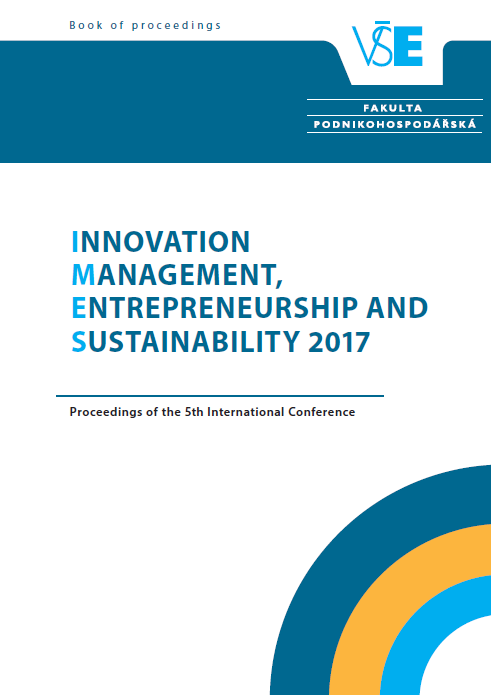
The Role of Global Cities in Creation of Innovative Industry Sectors. Case Study – Life Sciences Sector
Purpose: The purpose of this article is to analyse the location of the life sciences industry as an example of the innovation industry in global cities and the role of cities as centers of innovation and progress. Two of the most developed sectors of the life science: biotechnology and pharmacy were analyzed. The analysis made an attempt on identification the most important factors which have influence on the development of the innovative sectors in the cities. The study was based on the detailed analysis of two cities with the highest global development index of the life scences: New York and Basel.Design/methodology/approach: Research based on the The EU Industrial R&D Investment Scoreboard. Determination of the most innovative cities of the LS sector in 2015/2016 was possible thanks to Potential Index of Life Sciences (PILS). It is based on the standardized values of the total R&D value in the city, the average value per company, year growth of R&D expenditures for companies and number of companies in the city. In the research, the case study of the two most innovative cities in the life sciences sector was used.Findings: The greatest agglomerations are particularly important in the development of innovative industries which have well-developed scientific and research functions apart from their industrial functions. This is caused by a strong connection with the scientific background and human resources as well as greater availability of capital through a dense network of informal contacts on the science-industry line. As our research shows, LF industry is growing in metropolitan areas like NY, London, Tokyo and Paris, as well as smaller centers like Basel, Leverkusen, Athlone, Hamilton. The common feature in thee areas is the presence of research centers and educational institutions forming industrial clusters.Research/practical implications: The analysis of the importance of the cities for the development of innovative industries allows to understand the meaning of the factors influencing the innovativeness of the industry. In the future, it will be possible, to determine the role of cities, including global cities in the model of development of the innovative industries in the world. It allows for spatial analysis of the phenomenon.Originality/value: The subject of the life sciences industry development and the role of the cities was usually taken in the aspect of the World City Network. The following, detailed analysis may complement the published data of the official reviews and the role of the innovation in the so- called global cities.
More...